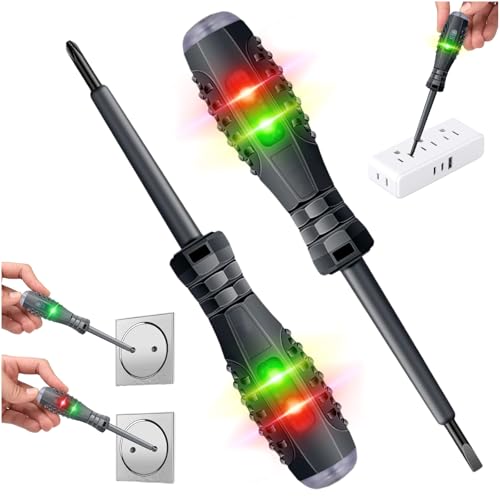What I've been told up to now is that the C&G side gets my paper qualifications (ie the theory) and the NVQ3 shows that I have mastered the practical side. This makes sense to me, particularly as I'm aware of how much more solidly I learn something if I'm actually doing it, as opposed to reading books about it.
---------- Post Auto-Merged at 12:05 ---------- Previous post was made at 12:01 ----------
OK Zeespark. Useful to know - although I understand that if I have done the 2330, I can do a one-day 'top-up' course and take the exam for a fraction of the full course cost. (A fraction could be 95% for all I know though

)
---------- Post Auto-Merged at 12:11 ---------- Previous post was made at 12:05 ----------
Boogaloo - I know what you're saying. One thing I've come to understand since setting out on this re-training is just how much there is to know. As someone has pointed out on another thread,
there's qualified and there's competent - in the legal and practical senses of the words.
I'm not on a fast-track course, though I almost got suckered into one back when I first started looking into how to train up. I'm not finding the college a problem - I'm consistently in the top three of my class, but I need the practical experience.
LIV.
































































